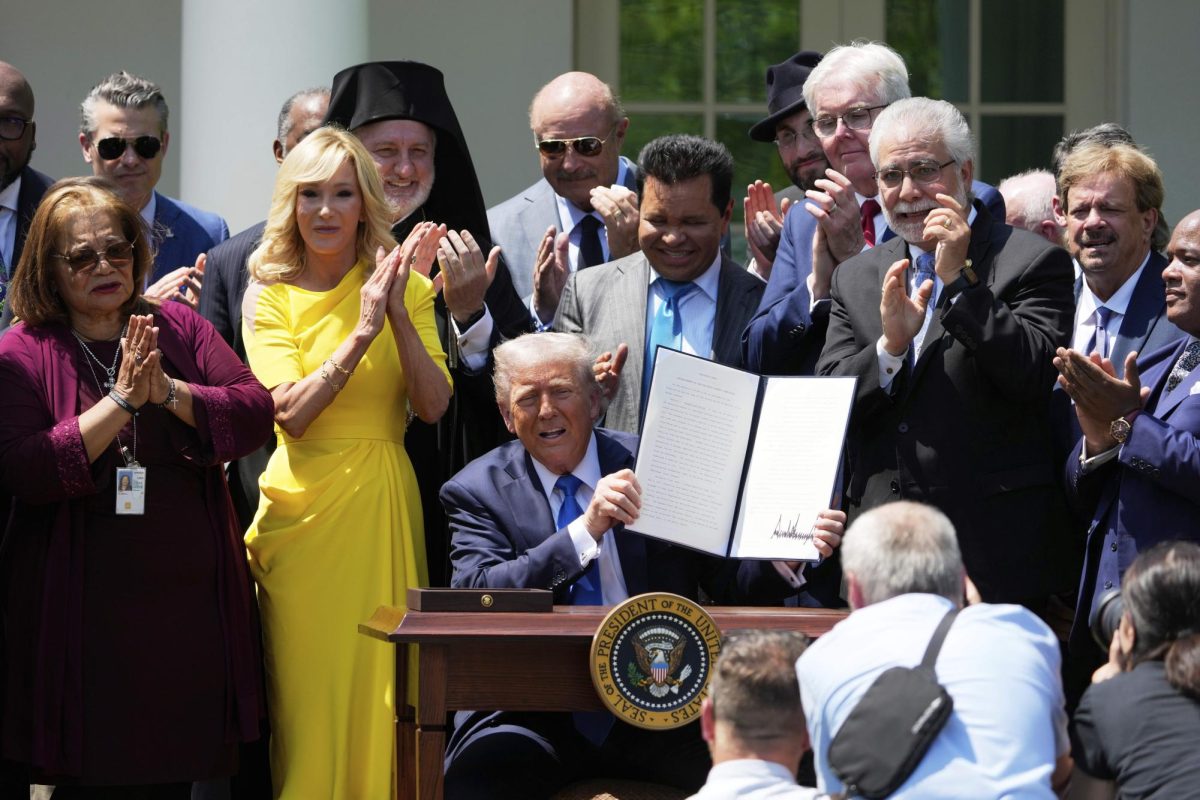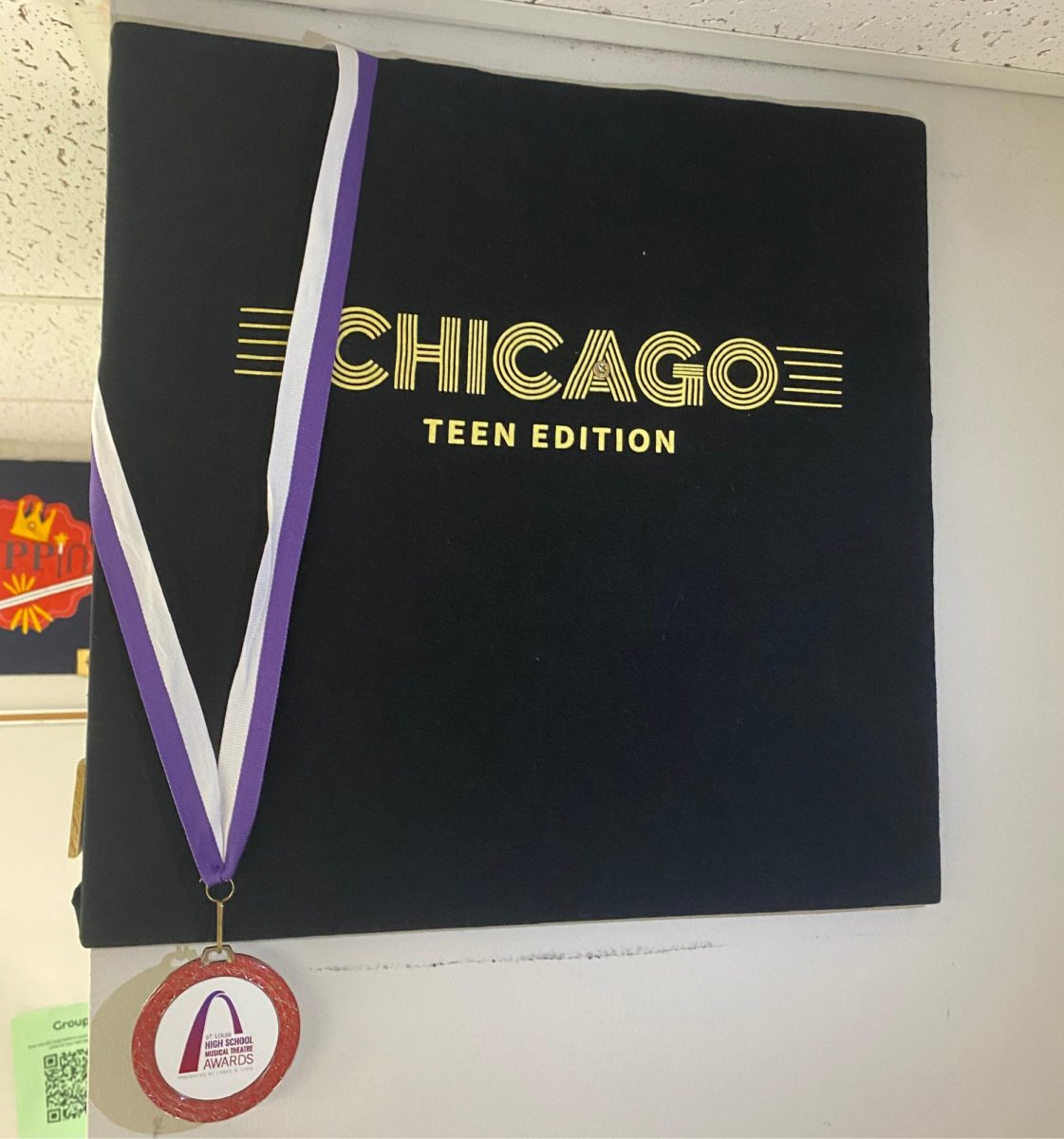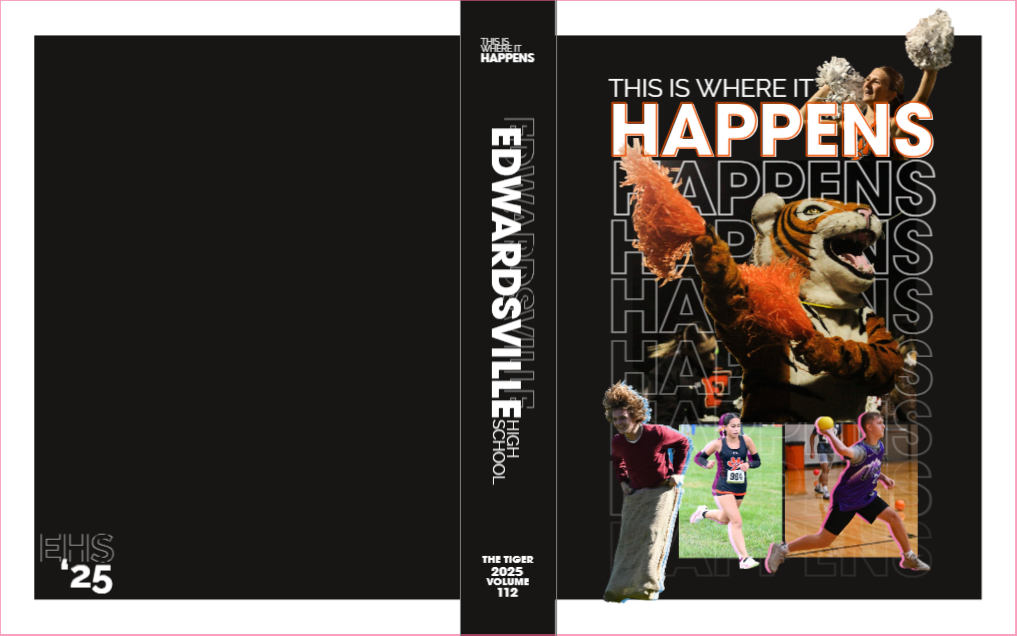‘Love, Simon’ is a Movie That Matters
March 22, 2018
In a cinematic universe filled to the brim with coming-of-age movies, stories revolving around first loves and teenage tropes are never considered special — but “Love, Simon” stands out.
The plot is typical rom-com teen movie style: there are unrequited crushes, bullies to face and an obstacle the main character must overcome in order to make the best of their high school years. But in “Love, Simon” there’s a distinction from the typical teen flick — the main character is gay.
For Simon Spier (Nick Robinson,) it’s his biggest secret. One that he doesn’t think he’ll ever be able to share — at least not in high school. Even with friends like Leah (Katherine Langford,) Abby (Alexandra Shipp) and Nick (Jorge Lendeborg Jr.) Simon is scared to come out and change everything about his seemingly average, perfect life.
But when a classmate makes an anonymous post revealing that he’s in the closet using the pseudonym Blue, Simon recognizes their similarities and reaches out to him using the name Jacques. Through emails and shared secrets, they form a deep friendship and Simon slowly falls in love with Blue.
Everything changes, however, when screenshots of these emails are posted and Simon is outed. He must learn how to deal with his family, his friends and, most importantly, Blue. It’s a story of falling in love, the ups and downs of friendship, of parental affection, of accepting yourself.
Set in an idyllic town just outside of Atlanta, Ga., “Love, Simon” is charming from the very first shot. The town is quaint, the friends are formulaic and the situations they’re put in are familiar to all — and that’s the beauty of it.
“Love, Simon” takes everything we adore from teen romances and campy coming-of-age movies, all while showcasing a story that’s never really been told before. Yes, there is gay film. But there is a difference between a film — production, expectations, accolades — and a teen movie.
It’s revolutionary for the LGBT+ community. The ability to see themselves reflected in the story, to watch Simon find Blue, all while told in a format the world has seen time and time again, is something new.
Some feel that “Love, Simon” is too boring, or that it’s just like every other teen movie, but that’s exactly the point: being gay and being in love should be considered typical.
Representation shouldn’t be abnormal. Gay teens should be able to see themselves on the big screen, and this movie does just that in the sweetest way possible: through friendship, growth and love.











